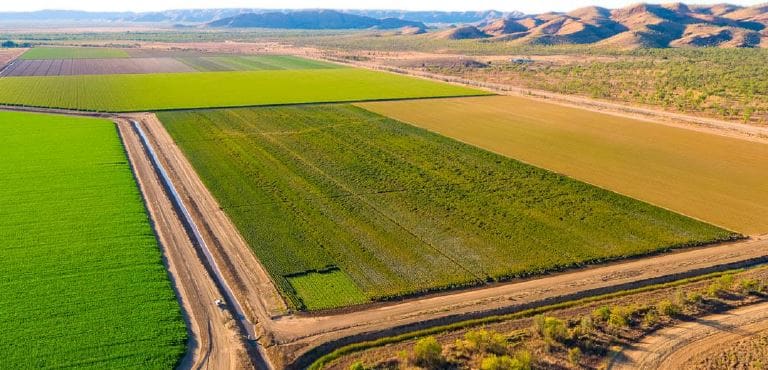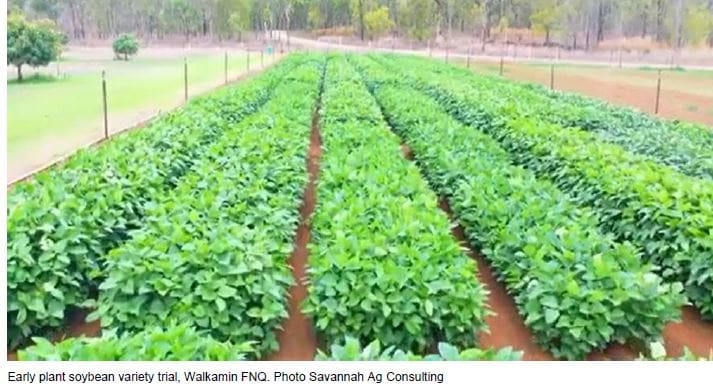
THE potential to expand broadacre cropping across Australia’s north can be best achieved when it is integrated with other enterprises, particularly beef production, according to a recent study by the CRC for Developing Northern Australia (CRCNA).
In its recently published ‘Northern Australian broadacre cropping situational analysis’, the CRCNA assessed the opportunities and impediments facing the development of a broadacre cropping sector across northern Australia.
It looked into the potential for broadacre production of fodder, pasture, cereals, pulses, oilseeds, and cotton; but not rice or sugar. It considered production from irrigated or dryland but did not include self-seeding, wild or native pasture.
The primary finding of the analysis was that broadacre cropping in the north of Australia could be an important part of a farming business but most value was realised when broadacre cropping was integrated with other enterprises, particularly beef production.
It found the capacity to grow a range of crops in the north was clear but due to the barriers, costs and risks of broadacre cropping in the tropics, farmers in the north needed to leverage crop production as part of a broader business value proposition to promote sustainability and business profitability.
Atherton field day
Alongside the broader study, the ‘Developing an oilseed industry for Northern Australia’ project is one of three Queensland cropping projects supported by co-investment from the (CRCNA) and the Grains Research and Development Corporation (GRDC).
Growers and agronomists will have the opportunity to see first-hand the project’s trials at a Far North Queensland field day tomorrow, Friday, August 28.

Research lead, Savannah Ag Consulting’s Tony Matchett, said attendees would see a range of oilseeds, pulses, cover crops, cereals, and speciality grains growing at one of the project’s research farms on the Atherton Tablelands.
The day will also include discussions about the farming systems which best support these crops to grow in tropical conditions.
“There are more than 20 crops growing on site currently, including sesame and sunflowers, chickpea and faba beans, mungbean, sorghum, wheat, quinoa and canola, safflower and linseed,” he said.
“The day will be a chance for growers and agronomists to learn about some of our results to date, and how or why these crops can be included into a farming system either as cash crops, to improve soil, to diversify pest management practices or to optimise resource efficiency returns.
“We’ve proven commercial returns are possible across a range of oilseed crops either as part of a diverse crop rotation within existing systems like sugarcane or as a support to the development of new farming systems, like cotton.
“We hope by showing what is possible, investors will come to see North and Far North Queensland as a logical choice for their next cropping project.”
The next phase of the project will focus on testing the supply chain through localised pressing and bottling of oilseeds and selling this to the market.
Source: CRCNA
The Friday 28 August field day will be operating under a COVID Safe Event plan and attendees are asked to register their attendance via email: [email protected]

HAVE YOUR SAY